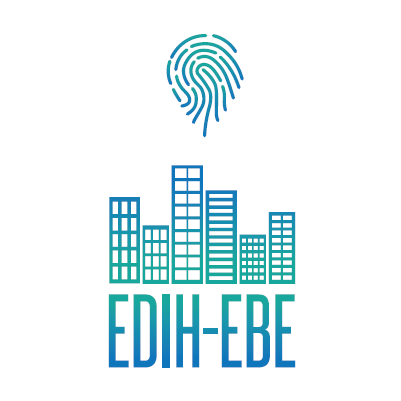The EDIH-EBE offers companies access to expertise, data and testing facilities. You can come to us for Expert Panels or Test-before-Invest. There are also favourable conditions for SMEs and medium-sized companies, which you can find here.
Expert Panels
Our Expert Panels offer companies expert guidance and tailored strategic advice focused on integrating new technologies into the power grid. These interactive sessions bring together different stakeholders to discuss specific challenges, such as, for example, the integration of renewables, smart charging solutions, or refurbishment planning. Through in-depth discussions, we explore technical possibilities, regulations, or new business models, among others. This enables you to develop innovative solutions more efficiently and reduce risks, resulting in better aligned projects and improved collaboration in the chain.
Test-before-Invest
Our ‘Test-before-Invest’ service allows companies to thoroughly test their technologies before bringing them to market. In our state-of-the-art laboratories, components, systems and algorithms can be evaluated under realistic conditions. This gives you crucial insights into the reliability, efficiency and market value of your products. By testing early, you minimise risks and optimise your investments, enabling you to take a stronger position in the market and be better prepared to meet the challenges of the energy transition.
Are you interested in any of these services? Below you will find a range of possible topics. Did you not find what you were looking for? Contact us at hub [at] edih-ebe.eu.
Domains
We are active in the following domains:
Smart buildings: efficient, comfortable, flexible and interoperable
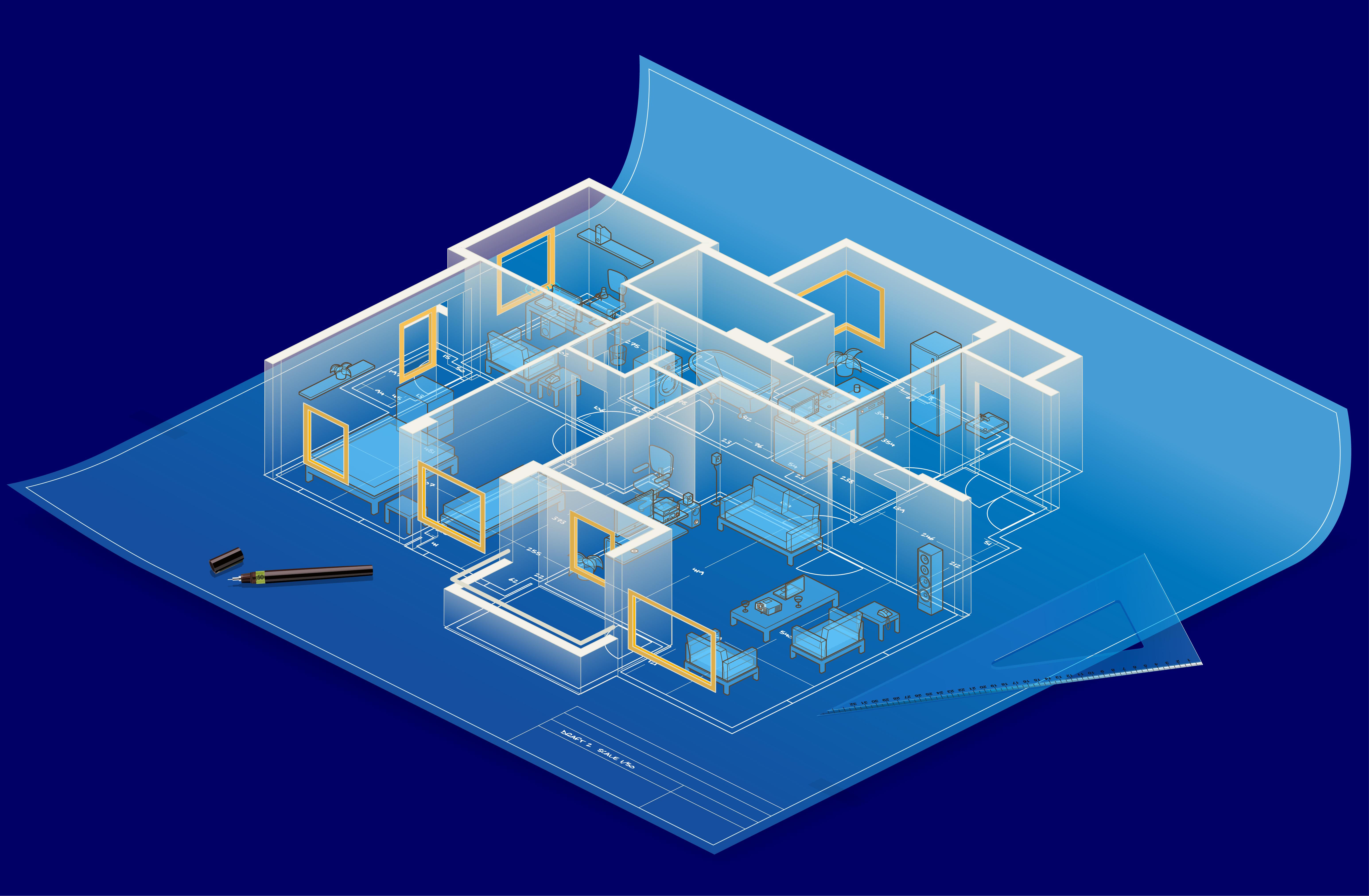
Energy transition and flexibility: harnessing AI for energy management
The energy transition brings a significant increase in renewable energy sources, such as solar panels and wind turbines, which have variable production profiles. At the same time, the demand for electricity will increase significantly in the coming years due to the emergence of things like electric vehicles and heat pumps. These developments will lead to greater volatility in both energy production and consumption, requiring additional flexibility in consumption to strengthen and manage energy grids in a cost-efficient manner.
Energy management systems are a solution for building owners or operators to save costs and achieve lower carbon emissions. These systems can provide flexibility by optimally controlling home batteries and flexible loads, such as heat pumps and charging stations. During an Expert Panel, we will explore how AI techniques can be used by technology companies for energy management. For example, these techniques automatically learn when flexibility is available and make best use of it, both for local goals such as maximising self-consumption of solar power or minimising costs, and for broader system goals such as reducing energy system imbalances.
In addition, new services or ideas can be tested at the HomeLab in Ghent, a test environment that acts as a real home, equipped with flexible loads such as a home battery and heat pump, and various sensors to measure energy consumption and the impact on comfort, air quality, and other factors in detail. This test facility allows you to validate and optimise your concepts in a realistic environment before they are implemented on a larger scale.
Model-based controllers for thermal systems in buildings
New technologies such as solar panels, batteries, heat pumps, hybrid systems, geothermal and thermal storage are increasingly being used in buildings because people strive for sustainable, energy-efficient, but above all comfortable and modern buildings. While the performance of these technologies continues to improve, the challenge for designers, installers and operators is to make them work optimally with the building, its users and the wider energy system throughout the life of the installation (as in ESCO models).
In our Expert Panels, we work with you to explore how model-based controllers and physics-based models can be used to optimise building and plant performance. It will specifically address how these techniques can improve comfort and energy efficiency, and how they can respond to dynamic energy prices and the availability of local renewable energy. Concrete practical examples and your specific questions will be the focus of these interactive sessions.
We also offer the opportunity to test and validate new technologies and integration concepts in a controlled environment. You can test your innovative technologies, such as model-based controllers and physics-based models, in real life to evaluate and optimise their effectiveness. The use of these physics-based models allows you to focus on system integration right from the design phase to save on both investment and energy costs.
Strengthen your renovation strategy with the power of data

Digital twin for operational support of large PV plants
Managing and monitoring large PV plants poses significant challenges for companies. Faults in the systems can go unnoticed and lead to reduced performance, while preventive maintenance is often not carried out on time. Proper operational support is therefore essential to ensure the efficiency and reliability of PV systems.
For PV system operators, maintenance companies or energy managers, we offer Expert Panels. During these sessions, our specialists will work with you to explore the possibilities of a PV Digital Twin for your specific situation. We will discuss how a digital twin model can help you improve fault detection and diagnosis, allowing you to plan and carry out maintenance more efficiently.
In our testing facilities at EnergyVille, you can develop and optimise your PV Digital Twin models as a software developer, technology company, or industrial partner. We offer both simulations and practical tests to evaluate the accuracy and reliability of these models. These tests provide you with the data and insights needed to optimise your operational processes and improve your maintenance strategies.
Smart energy control of buildings
What is the best, most cost-effective mix of renovation and electrification measures for each situation? How do we ensure that we effectively reduce CO2 emissions and energy costs and make optimal use of green energy? How can we increase self-consumption or shift consumption to times with more cheap and green energy?
For property managers, energy managers or construction companies, we organise interactive Expert Panels. Based on a number of simulations, we determine the most effective combination of renovation and electrification measures, taking into account the impact of smart control on energy costs and CO2 emissions. The analysis takes into account the dynamic thermal behaviour of the building, including expected weather conditions and desired user comfort. The effect of a photovoltaic system, a battery or an electric vehicle can be added to the analysis and optimal sizing can be sought.
In our EnergyVille test facilities, you can carry out tests of your individual components, products and/or systems. We offer both digital simulations and physical tests to validate the effectiveness of your technology and add a value of energy intelligence.
Digital twin to accelerate the renovation wave
To further accelerate the renovation pace in Flanders and to scientifically substantiate and efficiently map renovation opportunities for public and private parties, we have developed a data-driven software toolchain. This toolchain is intended to support and unburden the renovation wave, with the aim of accelerating (collective) renovations through an innovative, broad-based and practice-oriented approach.
As a professional energy expert, contractor, developer, financier or real estate portfolio manager, you play an important role in achieving the objectives for (collective) housing renovation in Flanders. In an Expert Panel, we work with you to understand how you can use the available data, analyses, and calculation tools to achieve the renovation targets in Flanders. We will specifically address how you can use these tools to accelerate and optimise operations, focusing on the unique challenges and opportunities within each sector.
In EnergyVille's testing facilities, you as an energy company, technology developer or real estate professional can take the next step with the Test-before-Invest approach offered within EDIH-EBE. This allows data and algorithms to be applied to actual cases, giving you the opportunity to evaluate the effectiveness of these tools in practice before making a long-term commitment. This approach helps you make informed decisions and achieve sustainable renovations.
Make your construction site more sustainable and energy efficient
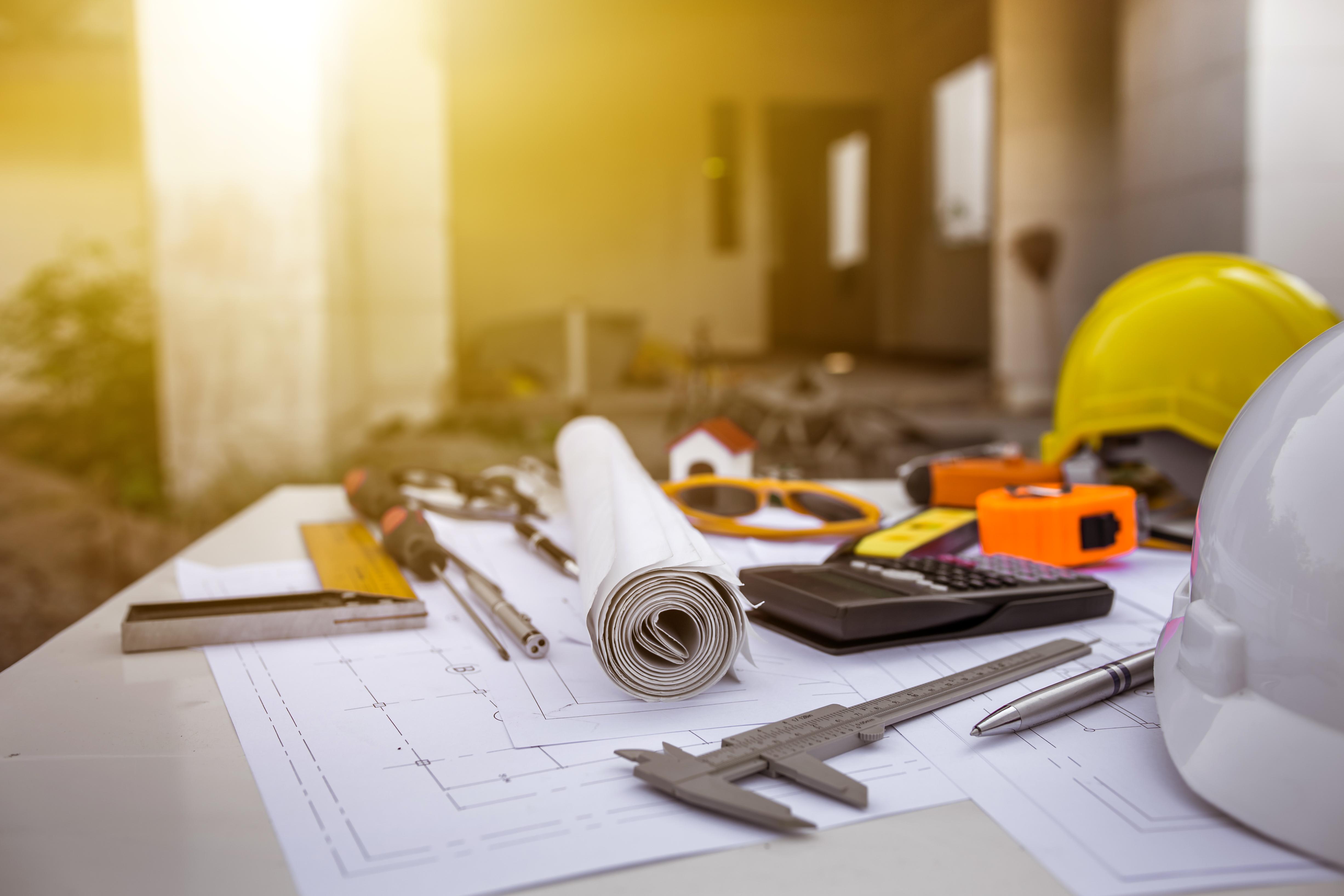
Maximise the performance of your heating network through smart control
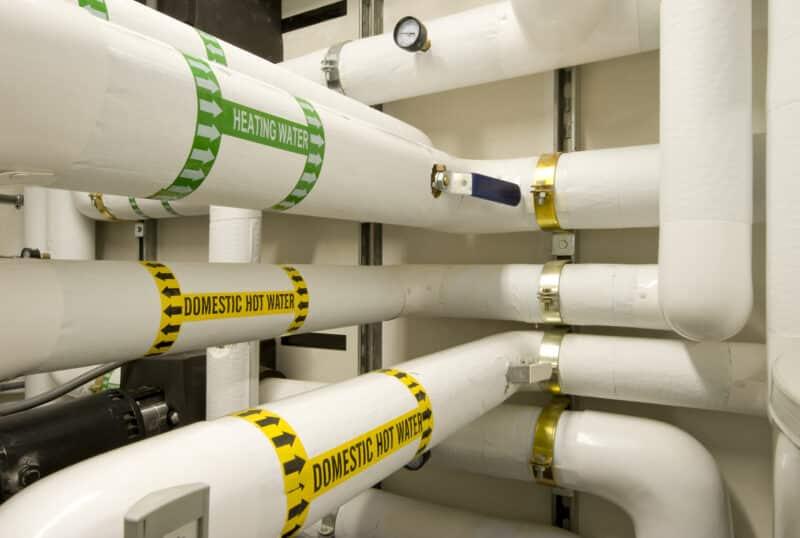
Towards more efficient heating networks
Managing and optimising heat networks efficiently is crucial to keep up with the growing demand for sustainable heat supply. With an intelligent controller for heat networks, you can make your heat networks smarter and more flexible.
Heating network operators or energy companies, and others, can come to us for an Expert Panel. During these sessions, our experts will work with you to explore how the STORM technology, which uses the thermal mass of buildings, can be applied to your specific heating network. We will address your specific needs and challenges, and discuss together how you can connect more customers without additional investment in infrastructure. These panels provide a platform for an in-depth conversation, where your input is central and we jointly develop solutions that optimise your network
In our test facilities, technology companies and heat network developers can test and implement the STORM technology. We offer both digital simulations and physical tests to validate the effectiveness of this technology in your network. These tests provide you with the insights needed to optimise your network and add energy intelligence to it.
Electric networks in balance
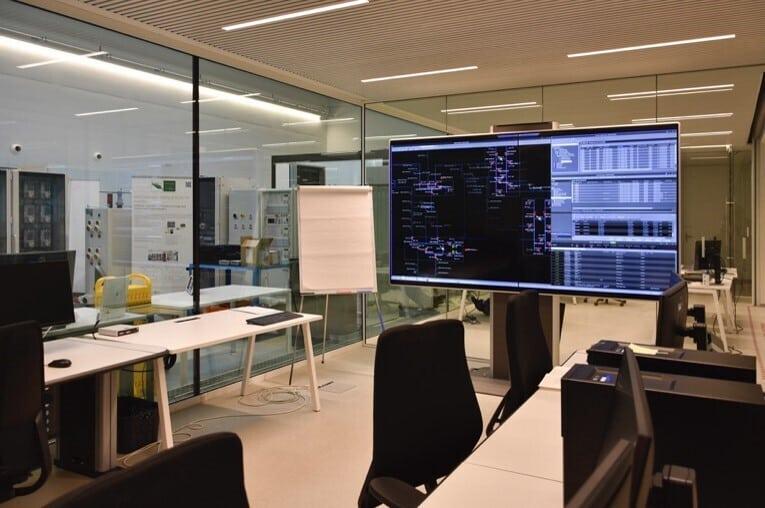
Digitalisation in power grids
The electricity grid plays a crucial role in the energy supply of the future. With the rapid rise of renewable energy sources and new consumers such as solar parks, charging stations for electric vehicles or battery storage systems, it becomes increasingly important that all these components communicate seamlessly with each other and with the grid. This is the only way to achieve optimal energy exchange.
Together with our expertise in electric grids, we offer expert advice on advanced communication methods. Whether you are a grid operator, renewable energy project developer, charging station manufacturer or technology company, our Expert Panels offer you guidance on the design and implementation of your products and services. By getting advice on grid integration, communication standards, and regulatory requirements from the concept phase, you can implement your projects more efficiently and with less risk.
We also guide you in developing innovative solutions, from the initial concept to the final testing phase. In our Digital Grids Emulation lab, these solutions are thoroughly tested for reliability, efficiency and interoperability. This lab offers a state-of-the-art test environment combining advanced simulations with the latest technological hardware and software developments. Within this unique simulation platform, concepts are subjected to rigorous reliability tests before moving on to field tests. In this way, we minimise risks in terms of functionality and investment costs, which increases the market value and competitive position of your products.
Smart charging solutions
Vehicle electrification is growing exponentially and is a crucial building block for the energy transition. Although obligations are being imposed regarding electrification and charging infrastructure, not all current infrastructure is sufficiently smart and sustainable. To effectively reduce grid load, charging stations and charging points should not only be smart and sustainable, but also integrated into energy management systems and communicate with building management systems. Smart charging means more than just charging: it includes site optimisation, potential peak reduction based on users' charging profiles, system integration, and the use of renewable energy sources, possibly complemented by local storage.
Within our EDIH-EBE Expert Panels, our experts explore with you the implementation of smart and sustainable charging solutions in your own organisation or at your customers' premises. Together, we analyse the roles of the parties involved, such as providers, implementers, sector federations, distribution network operators and companies operating charging points. We also answer specific questions about the technical possibilities of smart and sustainable charging, including integration with energy management systems and HVAC, and take into account current regulations and new business models.
We also have several Living labs where you can analyse your charging and fast charging data and algorithms, keeping in mind the application and network context and local electricity generation. Our facilities include the Smart Charging Lab, Home lab, Low Voltage Lab and Power Electronics Lab. In these labs, you as a manufacturer or supplier of charging infrastructure, for example, can test your components, systems and algorithms under real-life conditions, according to the ‘test-before-invest’ principle.
Cybersecurity in power systems
The energy transition introduces complex cybersecurity challenges as power systems increasingly rely on interconnected communication networks that integrate both IT and Industrial Control System (ICS) layers. These layers are essential for managing critical infrastructures, such as power grids, which makes securing them from cyber threats of paramount importance. As the integration of digital technologies into the energy sector grows, so does the potential for cyberattacks targeting vulnerabilities within these networks.
During a dedicated Expert Panel, we will explore how AI-driven cybersecurity techniques can offer risk assessment, early stage anomaly detection and penetration testing. In this way, we can automatically identify vulnerabilities and mitigate risks to protect power systems, both at distribution and transmission level.
Moreover, emerging cybersecurity solutions can be rigorously tested in our testing environments. Our test facilities (based on power system simulators and IT/ICS emulators) allows technology developers and researchers to validate and optimize their cybersecurity concepts in realistic conditions, ensuring that they are robust enough to withstand the cyber threats targeting modern energy networks before being deployed on the real world.
Make your facade and structures smart
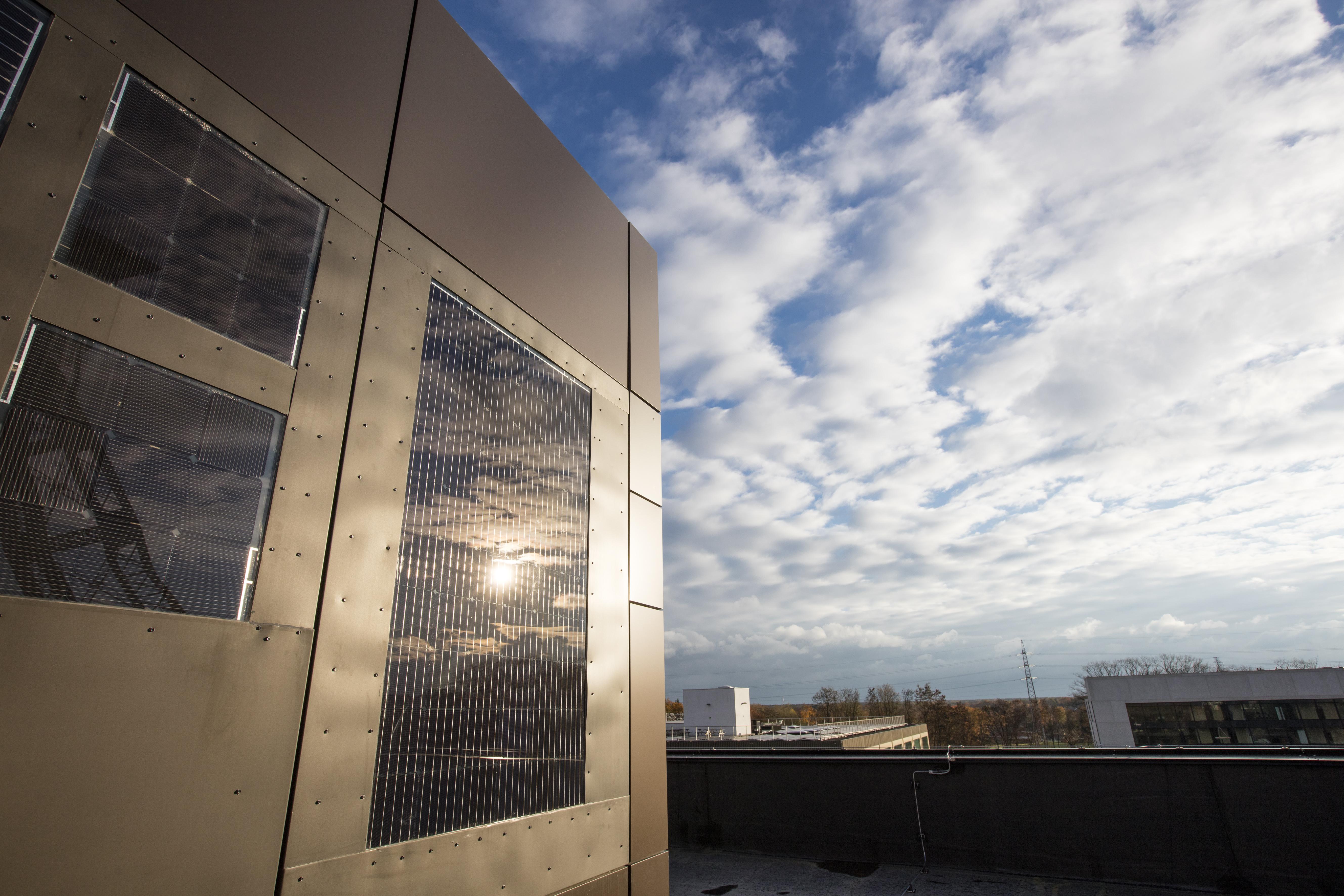
PV and batteries: system integration
The large-scale integration of renewable energy sources, such as solar and wind, brings new challenges, including frequent imbalances and voltage fluctuations in the energy system. A crucial challenge for the energy system of the future is matching energy demand with the variable supply of renewable energy. Smart, efficient technologies and control systems play an essential role here.
In our Expert Panels, we engage with you as a manufacturer, material supplier or system integrator on the sustainable integration of solar panels and batteries into your company's or your customers' electrical systems. Together, we explore the roles of the parties involved such as suppliers, implementers, sector federations or distribution system operators and answer concrete questions around the technical possibilities of PV-battery combinations, DC grids, smart and sustainable charging or energy management systems, taking into account current regulations and new business models. This ensures a clear strategic direction and better cooperation in the chain.
Moreover, we have a number of labs to test components, systems and algorithms under real-life conditions before they are launched on the market. In EnergyVille's Home Lab, we test products and services for smart grid deployment. Examples include home energy management systems, residential demand-side management technologies and communication technologies. Other capabilities include validation of power electronics, LVDC network controllers, safeguards, smart charging systems and battery control. In turn, in our Outdoor Metrology Lab for (BI)PV, we monitor the performance of photovoltaic modules, accurately taking into account weather conditions. This monitoring helps in the development of solar modules, the calibration of performance models and the prediction of energy yields when planning PV systems.
Energy yield optimisation for integrated PV
In the context of the energy transition, it is crucial to make optimal use of available surfaces for solar power generation. This requires the application of new technologies for the seamless integration of photovoltaic systems into various structures. By using advanced digital models, we can provide accurate estimates of the potential energy yield, based on physical models of the latest PV technologies.
For you as a property developer, architect, construction company, and PV manufacturer, we offer customised Expert Panels. During these interactive sessions, our experts discuss your specific needs and challenges surrounding the integration of new PV technologies. We offer insights and advice on how digital models can be used to maximise the energy yield of your projects. This helps you make informed decisions that increase the efficiency and sustainability of your investments.
In addition to advice, we also offer to test your technologies according to our test-before-invest principle. PV system manufacturers, material suppliers, and technology companies can have their components and integrated systems tested here under real-life conditions. Through detailed field tests, you get reliable data and insights that are essential for optimising your products before they reach the market.
Cost-efficient PV installations: lifetime and performance
When investing in a new PV plant, not only the price and expected energy yield are important, but also the lifetime of the solar panels and inverters play a crucial role in the project decision. We help you accurately estimate the lifetime of these components.
For project developers, PV installers or manufacturers of solar panels and inverters, we offer Expert Panels. During these sessions, our specialists discuss your specific needs and challenges regarding the lifetime and performance of PV systems. We offer insight into digital modelling techniques that help you make realistic lifetime estimates, enabling you to make informed investment decisions.
In turn, our testing facilities allow solar panel manufacturers, inverter manufacturers, or technology companies to test their components and systems under real-life conditions. We offer both digital and physical tests that help obtain reliable information on the lifetime and performance of your products. These tests provide you with the data and insights needed to optimise your product development and inform your investment decisions.
Energy simulations integrated with BIM

